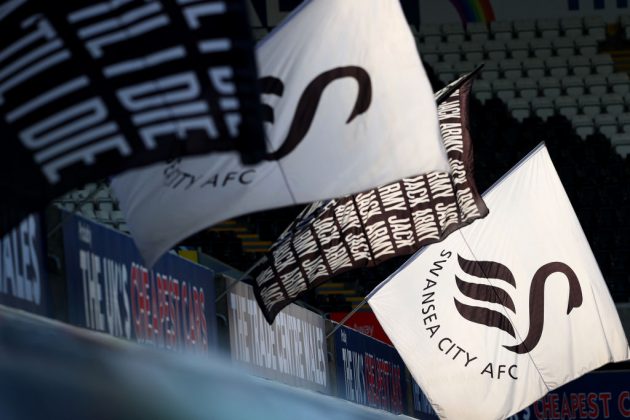Steering clear of the cliff edge: Why it makes business sense for sport to put the human first

We’ve seen a seismic shift in attitudes around athlete welfare but the sentiment ‘it’s only what happens on the pitch that counts’, albeit largely unspoken, is sadly still common in professional sport.
With the global sports market expected to reach $600bn by 2025, there is no doubt about the pressure clubs are facing to deliver both in a sporting capacity and as profitable businesses. But what is the human cost?
Almost half of professional footballers go bankrupt within five years of retirement. More frightening, however, is that less than one per cent of academy players graduate to professional contracts.
Young athletes are thrust into this ecosystem as young as eight, spend the next decade being institutionalised and wrapped up in this singular identity of footballer; taking little heed of those statistics.
I recently asked a group of academy players how many had considered that they may not make the transition to becoming a pro footballer. Every hand went up.
When I followed by asking how many had considered their options and life outside of football, staggeringly only one or two hands were raised.
These young minds are entirely wrapped up in their dream of making it as a professional. I champion that focus too, but we have a duty to ensure that they receive the best support, not only in terms of sporting delivery, but also as human beings.
It has been described to me as a “cliff edge”, an “abyss”; the moment when it is all taken away. When the thing you so certainly believed would be your reality is gone and your whole identity becomes uncertain. You suddenly have no direction, no purpose and – in your own mind – no self-worth.
The reported prevalence of anxiety and depression symptoms and disorders among male elite athletes (in cricket, football, handball, ice hockey and rugby) is nearly 45 per cent.
Many athletes may not recognise or acknowledge their symptoms or may not seek support due, in part, to stigma.
Happy athletes perform better and longer
This was brought into sharp focus over recent months with the tragic passing of several former academy players, including Manchester City’s Jeremy Wisten. An unimaginable tragedy for any family, and one that impacts a wider community.
There needs to be change that will deliver maximum impact. While many people are doing incredible things within sporting organisations, often it’s down to individual initiatives.
More needs to be done to drive systemic and cultural change, putting the human first.
At Beyond The White Line (BTWL) we recently announced a partnership with Swansea City AFC. We work with a host of other EFL clubs, Oxford City F.C, rugby union outfit Leeds Tykes and Team GB Olympic athlete Katarina Johnson-Thompson’s academy.
BTWL’s offering to everyone we engage is the first and only NHS-approved wellness app for early detection and prevention of common mental health conditions. This gives all athletes access to clinically lead support within seconds.

We understand that we may never fully eradicate mental health challenges, but this is an important step towards diminishing the risk, assisting those who require support when they need it most, removing stigma and empowering athletes to take control of their wellbeing.
Consideration is needed across not only mental wellbeing, but also education, career development, financial health and literacy. This will help athletes with their identity and provide that roadmap.
The irony is that the other main beneficiary with this approach is the employer, the organisation, the association, even the agent or representatives.
A healthy, happy athlete with a clear vision for the future will likely have improved performance or longevity of career. So there’s your net gain in the business of sport: put the human first.
James Chiffi is founder and CEO of Beyond The White Line, a human first not-for-profit dedicated to tackling the challenges faced by athletes and stakeholders in professional sport throughout beyond their professional careers.